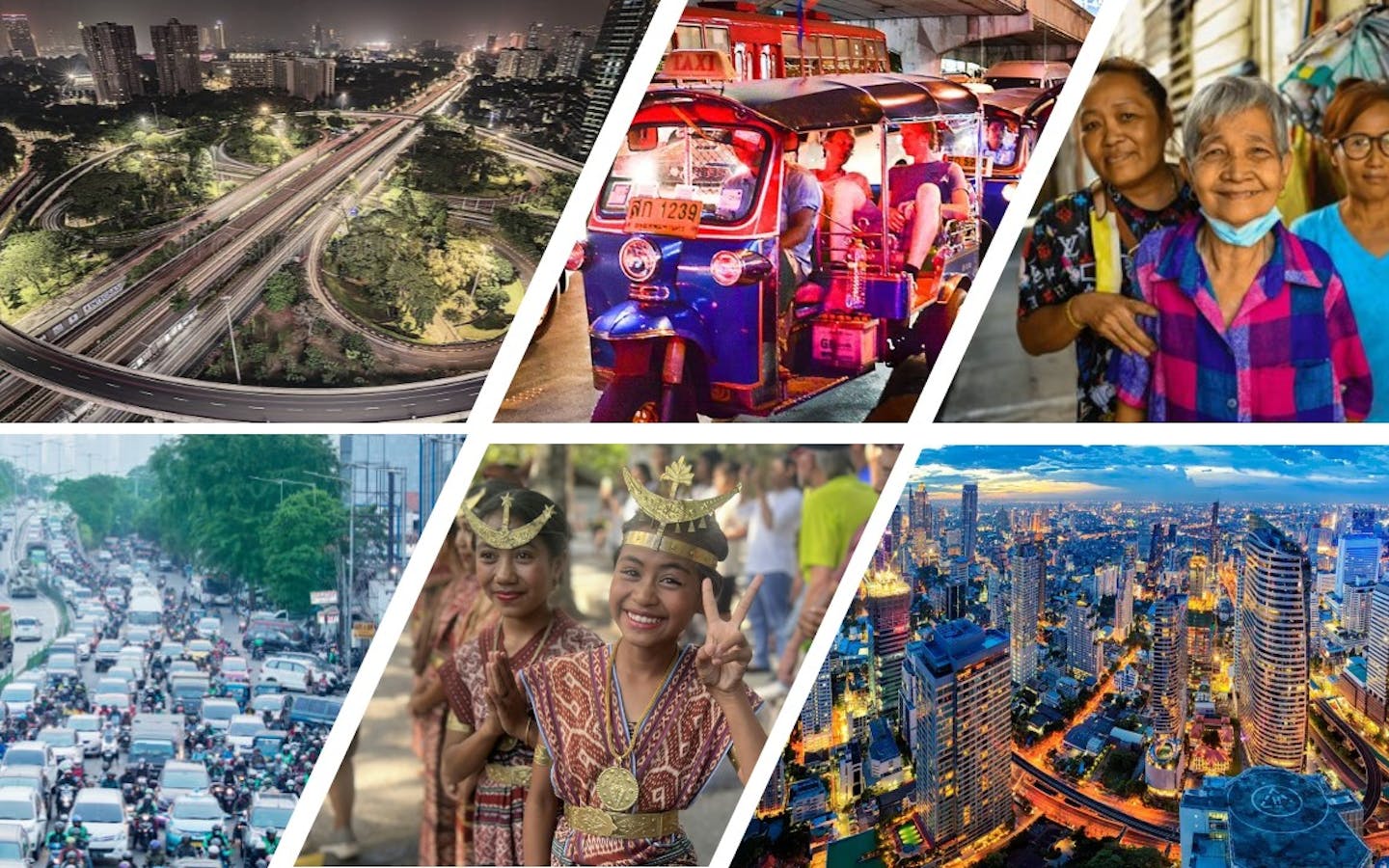
Same same, but different
For three decades living and working across Southeast Asia, I’ve had the privilege of forming deep connections with colleagues, clients, and businesses in this dynamic region.
Indonesia and Thailand stand out as the region’s two largest economies. They share many strengths: a rising middle class, a digitally savvy youth culture, robust manufacturing sectors, resilient small and medium enterprises, strategic infrastructure opportunities, and growing innovation in renewables and the digital economy. Culturally, they brim with captivating heritage, natural splendour, delicious cuisine, and warm hospitality.
In business, these two countries align on key values that facilitate smooth collaboration: a commitment to harmony, more humble communication, respect for seniority, loyalty, and trust built through long-term relationships. Yet, meaningful distinctions exist beneath the surface.
Formality and hierarchy
Thai society tends toward greater formality, with respect for seniority expressed through age, status, education, and role – though younger generations are disrupting the status quo. Executives typically expect visible deference, such as allowing senior figures to speak first. Indonesians, by contrast, are generally more relaxed and informal.
Communication styles
Indonesians communicate with enthusiasm, using gestures and sustained eye contact. Thais, however, adopt more reserved and codified non-verbal cues. In Thailand, greeting a senior with a “wai” (hands together with a slight bow), limiting eye contact, and avoiding touching someone’s head or pointing feet at people or sacred objects are important cultural norms. In Thailand, “kreng jai”, or being respectful and humble, is an important part of the culture, while being blunt and overly direct can make people feel uncomfortable.
Business etiquette and decorum
Meetings in Thailand tend to be punctual and formal; in Indonesia, time may be more flexible, known colloquially as “jam karet.” Decision-making in Thailand is often top-down, while the Indonesian concept of “musyawarah mufakat” dictates democratic decision-making processes, that may involve layers of consultation, requiring patience. A quiet pause in a Thai meeting is not disengagement, it’s often a respectful silence, giving senior figures space to reflect. Diplomacy is essential; offering alternatives rather than blunt objections reinforces harmony.
No "one Asia"
These nuances underscore a crucial lesson: there is no “one Asia”. I was reminded of this when a Western agency presented an advertising concept featuring generic Asian imagery to a Thai client, only to have the client politely request a change, noting that the faces weren’t Thai. That moment drove home how much deeper cultural awareness can shift the outcome.
Building cross-border success in Southeast Asia means tuning into individual cultures, not assuming sameness. Appreciating subtleties, like communication preferences, social rituals, or aesthetic resonance, can transform engagement and yield richer, more respectful partnerships.


